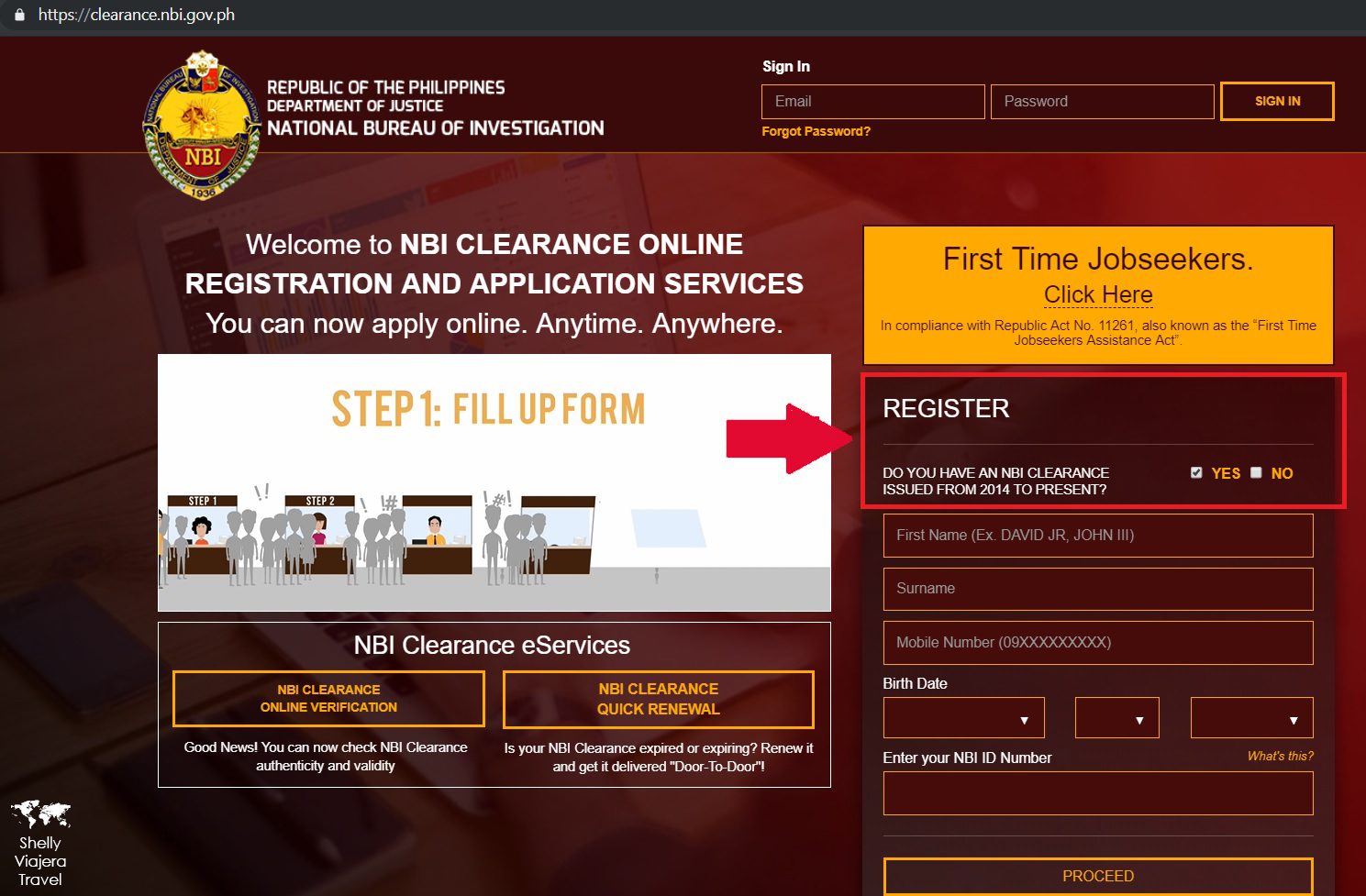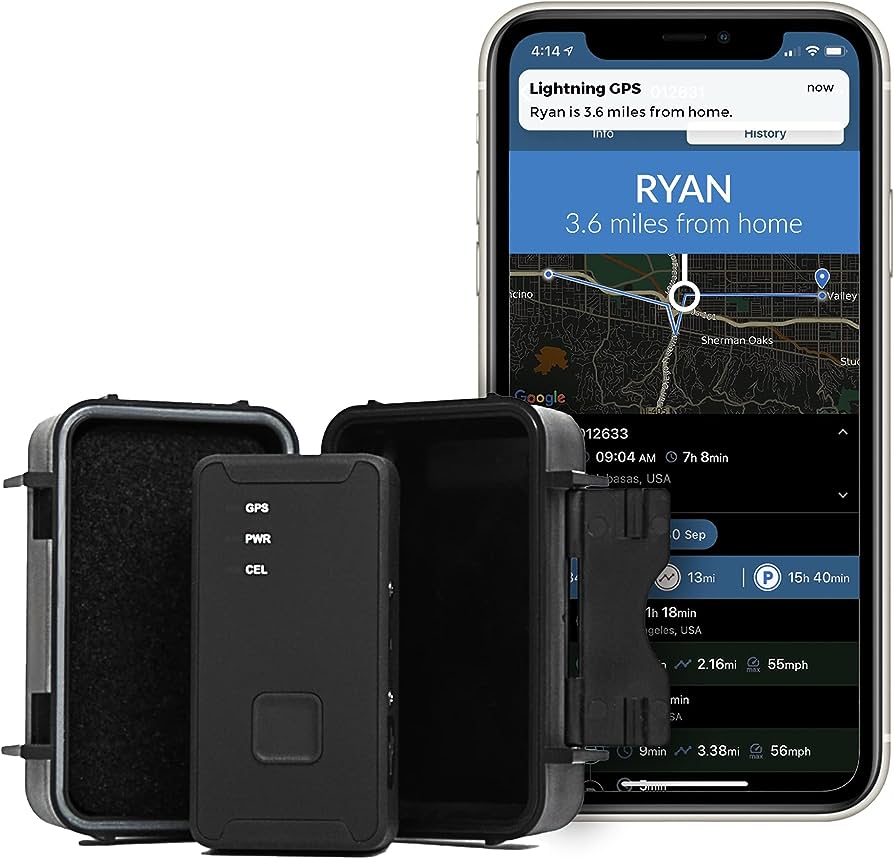To track your period, use a period tracking app or a calendar to record the start and end dates of your menstrual cycle.
Understanding Your Menstrual Cycle
Understanding your menstrual cycle is crucial for tracking your period effectively. By gaining insight into the different phases and using methods like calendar tracking or apps, you can anticipate and manage your menstrual flow with ease.
The Basics of Menstruation:
- Menstruation is a normal biological process that occurs in females of reproductive age.
- It involves the shedding of the uterine lining, resulting in vaginal bleeding that typically lasts for a few days.
- Menstruation is regulated by a complex interplay of hormones in the body.
Hormonal Changes and Their Effects:
- Hormonal changes play a crucial role in the menstrual cycle and can impact both physical and emotional well-being.
- Estrogen levels rise during the first half of the cycle, stimulating the growth of the uterine lining.
- Progesterone levels increase in the second half of the cycle, helping to prepare the uterus for pregnancy.
- Fluctuating hormone levels can lead to symptoms such as breast tenderness, mood swings, and bloating.
The Menstrual Cycle Phases:
- The menstrual cycle consists of four phases: Menstruation, follicular, ovulation, and luteal.
- Menstruation marks the start of the cycle and lasts for an average of 3-7 days.
- The follicular phase begins after menstruation and is characterized by the maturation of an egg in the ovaries.
- Ovulation occurs when the mature egg is released from the ovary and is available for fertilization.
- The luteal phase follows ovulation and prepares the uterus for potential implantation of a fertilized egg.
Understanding your menstrual cycle is essential for tracking and managing your periods effectively. By knowing the basics of menstruation, the hormonal changes that occur, and the different phases of the menstrual cycle, you can gain insights into your body’s unique patterns and better understand your reproductive health.
Choosing A Tracking Method
Tracking your period can be made easier by choosing the right method. Whether it’s using a smartphone app, keeping a calendar, or using a dedicated period tracker, finding the right tracking method can help you stay organized and in control.
Tracking your menstrual cycle is an essential part of understanding your reproductive health and planning for various life events. With the advancement in technology, there are now numerous tracking methods available, ranging from mobile apps and websites to traditional paper tracking methods and charting your cycle manually.
Let’s explore these options further:
Tracking Apps And Websites:
- Mobile apps and websites specifically designed for period tracking have gained immense popularity in recent years. Here are some reasons to consider using them:
- User-friendly interface: Many apps and websites offer a visually appealing and easy-to-navigate interface, simplifying the tracking process.
- Automation and reminders: These tools often come with automated features like cycle predictions and reminders, helping you stay on top of your period dates and fertility windows.
- Data analysis: Some apps and websites provide detailed data analysis, allowing you to track patterns, symptoms, moods, and other factors related to your menstrual cycle.
- Accessible on-the-go: By using a tracking app on your smartphone, you can conveniently record and access your cycle information anytime and anywhere.
Traditional Paper Tracking Methods:
- While digital tracking methods have their advantages, some individuals may prefer the familiarity and simplicity of traditional paper tracking methods. Here are a few key points:
- Low-tech approach: Paper trackers offer a more tangible and tactile experience, which may resonate with those who prefer a non-digital method.
- Personalization: With paper tracking, you can customize your format, design, and layout based on your preferences. Whether it’s a simple calendar or a dedicated period tracker, the choice is yours.
- Privacy and security: Some individuals feel more secure and in control when using offline methods, as they don’t rely on internet connectivity or store sensitive data on potentially vulnerable platforms.
Charting Your Cycle:
- Charting your cycle manually involves closely observing and recording specific fertility signs to determine your fertile and non-fertile days. Consider these points:
- Basal Body Temperature (BBT) charting: Measuring your body temperature every morning and tracking the variations can pinpoint ovulation and identify potential issues.
- Cervical mucus monitoring: Observing changes in cervical mucus consistency throughout your cycle can provide insights into hormonal fluctuations and fertility levels.
- Ovulation predictor kits (OPKs): These kits help detect the surge in luteinizing hormone (LH) that occurs before ovulation, giving you a clearer understanding of the fertile window.
Remember, the ideal tracking method varies from person to person. It’s important to choose a method that aligns with your preferences and lifestyle. Experiment with different methods to find what works best for you, and remember that tracking your period goes beyond predicting dates; it is an empowering way to connect with your body and take charge of your reproductive health.
Important Factors To Consider
Tracking your period is crucial for managing your health and fertility. Consider factors like cycle length, symptoms, and lifestyle changes to effectively monitor and understand your menstrual patterns.
When it comes to tracking your period, there are several important factors you should consider. Understanding these factors can help you better manage your menstrual cycle and gain insights into your overall reproductive health. In this section, we will explore three key factors that are crucial for effective period tracking: tracking symptoms and changes, understanding your body’s rhythms, and identifying patterns and irregularities.
Tracking Symptoms And Changes
Being aware of the various symptoms and changes that occur during your menstrual cycle can provide valuable information about your reproductive health. Here are some key points to consider:
- Physical Symptoms: Keep track of any physical symptoms you experience, such as bloating, breast tenderness, cramps, or headaches. This can help identify patterns and trends over time.
- Emotional Changes: Monitor your mood swings, irritability, or general emotional well-being throughout your cycle. Understanding these emotional fluctuations can help you navigate emotional changes during specific phases of your menstrual cycle.
- Energy Levels: Note any changes in your energy levels during different stages of your cycle. Some women may feel more energetic during certain phases, while others may experience fatigue or lethargy.
Understanding Your Body’S Rhythms
Your menstrual cycle operates on a natural rhythm, which can vary from woman to woman. By understanding your body’s individual rhythms, you can better anticipate and manage your period. Consider the following points:
- Cycle Length: Start by tracking the length of your menstrual cycle, which typically begins on the first day of your period and ends on the day before your next period starts. Noting this information can help you identify patterns and irregularities.
- Ovulation: Learn to recognize signs of ovulation, such as changes in cervical mucus consistency or slight abdominal discomfort. Ovulation usually occurs in the middle of the menstrual cycle and is the time when you are most fertile.
- Basal Body Temperature: Tracking your basal body temperature can provide valuable insights into your fertility. Your basal body temperature tends to rise slightly after ovulation, indicating the shift from the follicular phase to the luteal phase of your menstrual cycle.
Identifying Patterns And Irregularities
One of the primary reasons for tracking your period is to identify any patterns or irregularities. This information can help you take necessary actions and seek medical advice if needed. Consider the following points:
- Menstrual Flow: Make note of the intensity and duration of your menstrual flow. Changes in flow can vary from cycle to cycle and may indicate fluctuations in hormone levels or underlying health conditions.
- Cycle Regularity: Pay attention to the regularity of your cycle. While slight variations are normal, consistently irregular cycles may require further investigation.
- Pain or Discomfort: Document any severe pain or discomfort during your period. This information can be helpful when discussing your symptoms with healthcare professionals.
By tracking symptoms and changes, understanding your body’s rhythms, and identifying patterns and irregularities, you can gain valuable insights into your menstrual cycle. This knowledge empowers you to take control of your reproductive health and seek appropriate care when necessary.
Remember, every woman’s menstrual cycle is unique, so it’s important to customize your tracking methods to suit your individual needs.
Using Technology To Aid Tracking
Technology offers a convenient solution for tracking your menstrual cycle. By utilizing mobile apps or online tools, you can easily monitor your period, predict fertility windows, and stay informed about your reproductive health. Say goodbye to traditional calendars and embrace the benefits of technology in aiding period tracking.
High-Tech Period Tracking Devices
Tracking your menstrual cycle has become easier than ever with the help of technology. High-tech devices offer innovative ways to monitor your period and provide valuable insights into your reproductive health. From wearable tech to fertility trackers, here are some options to consider:
- Wearable Tech for Monitoring: Wearable devices have revolutionized how we track our health, including our menstrual cycles. These devices are designed to be worn on the body and can track various aspects of your health, such as heart rate, sleep patterns, and activity levels. Some smartwatches and fitness trackers come equipped with period tracking features that allow you to record your cycle length, symptoms, and flow intensity. These devices provide a convenient and discreet way to monitor your period and identify patterns in your menstrual cycle.
- Fertility Trackers and Ovulation Testing: For those trying to conceive or looking to better understand their fertility, fertility trackers and ovulation testing devices are excellent options. These devices use advanced technology to predict when you are most fertile and likely to ovulate. They often work by measuring hormone levels in your urine or saliva to pinpoint your most fertile days. Fertility trackers can also help track basal body temperature, cervical mucus changes, and other fertility signs. By using these devices, you can optimize your chances of getting pregnant or simply gain a better understanding of your reproductive health.
Using technology to aid in tracking your period offers numerous benefits. These high-tech devices provide accurate and reliable data, which can help you track cycle irregularities, identify potential health concerns, and plan your activities accordingly. Whether you prefer wearable tech or fertility tracking devices, incorporating these tools into your routine can empower you with valuable insights into your menstrual health.
Stay informed, take control of your reproductive wellness, and make the most of the advancements in technology to track your period seamlessly.
Tips For Accurate Tracking
Learn effective strategies for accurate tracking of your menstrual cycle with these helpful tips. Discover how to monitor your period with precision, ensuring you stay organized and in tune with your body’s natural rhythms.
Consistency And Regularity
Maintaining consistency and regularity while tracking your period is vital for accurate results. Here are some tips to help you stay on track:
- Track your period at the same time each day: By establishing a routine, you can ensure more accurate recordings and observations.
- Use a period tracking app or calendar: These tools can help you stay organized and track your period consistently.
- Note the start and end dates of your period: Recording the duration of your menstrual cycle will allow you to identify any irregularities or changes.
- Keep track of any symptoms or physical changes: Documenting symptoms such as cramps, mood swings, or breast tenderness can provide valuable insights into your menstrual cycle.
- Log any changes in flow consistency: Note any changes in the heaviness or lightness of your period, as this information can help you identify patterns and potential health concerns.
Recording Details And Observations
Recording details and observations about your period can provide valuable information for accurate tracking. Here are some ways to effectively document your menstrual cycle:
- Use a period tracker app or diary: Modern technology offers convenient options to record important details such as flow, duration, symptoms, and even emotional changes.
- Take note of PMS symptoms: Documenting premenstrual syndrome symptoms like bloating, irritability, or food cravings can help you recognize patterns and better manage your menstrual cycle.
- Track basal body temperature (BBT): Measuring your BBT each morning can indicate ovulation and provide insights into your fertile window.
- Observe cervical mucus changes: Pay attention to the consistency and color of your cervical mucus as it can reflect hormonal changes during different phases of your cycle.
- Record any lifestyle factors: Note any changes in sleep patterns, exercise routines, or dietary habits, as they can affect your menstrual cycle.
Recognizing And Managing Stress Factors
Stress can have a significant impact on your menstrual cycle. Here are some strategies for recognizing and managing stress factors:
- Identify stressors in your life: Take a step back and evaluate the potential sources of stress, whether they are related to work, relationships, or personal circumstances.
- Practice stress management techniques: Engage in activities that help you relax and manage stress, such as meditation, yoga, deep breathing exercises, or engaging in hobbies you enjoy.
- Prioritize self-care: Make sure to prioritize self-care by getting enough sleep, eating a balanced diet, and maintaining a regular exercise routine.
- Seek support if needed: If stress becomes overwhelming, consider reaching out to a healthcare provider or therapist who can provide guidance and support.
- Monitor the impact of stress on your cycle: Pay attention to any changes or irregularities in your menstrual cycle during periods of increased stress.
Benefits Of Tracking Your Period
Tracking your period offers numerous benefits, including helping you plan ahead, understand your body better, detect any irregularities, and improve overall reproductive health. With easy-to-use period tracking apps and calendars, you can effortlessly keep track of your menstruation cycle and ensure a healthier and more informed future.
Tracking your period can offer various benefits, allowing you to monitor your reproductive health, predict and prepare for future periods, and gain improved insight and understanding of your body. Let’s explore each of these benefits in more detail:
Monitoring Reproductive Health
Tracking your period enables you to better monitor your reproductive health by providing valuable information about your menstrual cycles. Here’s why it’s beneficial:
- Identifying irregularities: By tracking the length and pattern of your periods, you can identify any irregularities that may indicate underlying health issues, such as hormonal imbalances or polycystic ovary syndrome (PCOS).
- Detecting changes: Monitoring your period allows you to track any changes in flow, duration, or symptoms, which can help you identify potential health concerns and seek timely medical advice.
- Noting side effects: By keeping a record of any side effects experienced during your menstrual cycle, you can better understand how your body reacts to hormone fluctuations and manage any discomfort or pain.
Predicting And Preparing For Future Periods
Tracking your period empowers you to predict and prepare for future periods, providing you with greater control and convenience. Consider these advantages:
- Anticipating timing: By monitoring the length of your menstrual cycles, you can predict the approximate timing of your next period. This knowledge allows you to plan ahead and be better prepared with necessary supplies, making your menstruation experience more comfortable.
- Planning activities: Knowing when your period is likely to occur helps you schedule important events, vacations, or activities with confidence, minimizing any potential disruptions.
- Managing symptoms: By identifying premenstrual symptoms through tracking, you can take proactive measures to manage discomfort or mood changes. This may include making lifestyle adjustments, practicing self-care, or seeking appropriate medical advice.
Improved Insight And Understanding Of Your Body
Tracking your period enhances your overall understanding of your body and provides insights into its unique rhythms and patterns. Here’s why this is valuable:
- Familiarizing with your body: Regularly tracking your period develops a deeper connection with your body, allowing you to become familiar with its natural changes, signs, and signals.
- Recognizing fertility windows: Tracking your menstrual cycles can help you identify your most fertile days. This knowledge can be valuable whether you are trying to conceive or avoid pregnancy, enabling you to plan accordingly.
- Empowering communication with healthcare providers: By having accurate records of your period, you can provide healthcare providers with essential information regarding your reproductive health, leading to more informed discussions and personalized medical care.
By tracking your period, you gain a range of benefits, including better monitoring of your reproductive health, improved predictability and preparedness for future periods, and a heightened understanding of your body’s unique nuances. Start incorporating period tracking into your routine and discover the positive impact it can have on your overall well-being.
Common Misconceptions And Clarifications
Tracking your period can be confusing, but there are common misconceptions that need clarifying. Discover effective ways to accurately track your menstrual cycle for better understanding and management.
Tracking your period is an essential aspect of reproductive health for many people. However, there are several common misconceptions that can lead to confusion. In this section, we will clarify these misconceptions and provide you with accurate information to help you track your period effectively.
Menstrual Synchronization
- Misconception: Women who spend a significant amount of time together will eventually synchronize their menstrual cycles.
- Clarification:
- This belief, known as menstrual synchronization or the “McClintock effect,” is often portrayed in popular culture. However, scientific research has not supported this phenomenon. Menstrual cycles are primarily influenced by individual hormonal patterns and not external factors.
- Each person’s menstrual cycle is unique, and variations in cycle length, hormone levels, and other factors make it unlikely for cycles to sync up naturally.
Tracking Birth Control Pills
- Misconception: When taking birth control pills, it is unnecessary to track your period.
- Clarification:
- While birth control pills can regulate your menstrual cycle, it is still important to track your period for various reasons:
- It helps you identify potential irregularities or changes in your menstrual cycle, which can be an indication of underlying health issues.
- Tracking your period allows you to monitor the effectiveness of your birth control method.
- It helps you plan for menstrual-related symptoms or side effects that may occur during your pill-free week or placebo pills.
Tracking During Pregnancy Or Menopause
- Misconception: Women do not need to track their periods during pregnancy or menopause.
- Clarification:
- During pregnancy:
- Menstruation stops during pregnancy, so tracking your period is unnecessary.
- However, it is crucial to keep track of other pregnancy-related symptoms, such as the date of your last menstrual period (LMP), to estimate your due date accurately.
- During menopause:
- Menstruation stops completely during menopause, but it is still important to monitor any unusual bleeding or spotting, as it could indicate an underlying health concern.
- Tracking other symptoms associated with menopause, such as hot flashes or mood changes, can help you better understand and manage this transitional phase.
By dispelling these common misconceptions and providing accurate information, you can now approach tracking your period with a clear understanding. Remember, every person’s experience with their menstrual cycle is unique, so listen to your body and consult with a healthcare professional if you have any concerns.
Tracking And Empowerment
Tracking Your Period is the key to empowerment and understanding your body’s natural rhythms. Discover how to effectively track your menstrual cycle and gain control over your reproductive health.
Tracking your period not only allows you to stay organized and prepared, but it also contributes to your overall empowerment as a woman. By understanding your menstrual cycle and being able to predict your period, you gain control over your body and can make informed decisions about your health and well-being.
In this section, we’ll explore two important aspects of tracking your period: breaking stigmas and taboos surrounding menstruation, and educating others about this natural process.
Breaking Stigmas And Taboos
- Menstruation is a natural bodily function that has been shrouded in secrecy and shame for far too long. By openly discussing and tracking our periods, we can help break down the stigmas and taboos associated with menstruation.
- Empower yourself and others by challenging stereotypes and misconceptions about menstruation. Let’s promote a culture that celebrates and normalizes periods, encouraging open dialogue and understanding.
Educating Others About Menstruation
- Use your knowledge about menstruation to educate others, creating a positive ripple effect that contributes to a more informed and empathetic society.
- Share accurate information about menstrual health and hygiene practices with friends, family, and even in online communities. This can help debunk myths and ensure that everyone has access to the right information.
- By becoming a source of knowledge and support, you can help others feel more comfortable discussing their periods and seeking necessary healthcare.
Empowering Women Through Self-Knowledge
- Tracking your period empowers you with valuable self-knowledge that can improve your overall well-being. Understanding your cycle can help you identify irregularities, track symptoms, and detect potential health concerns.
- With this information at your fingertips, you can make informed decisions about contraception, fertility planning, and overall self-care.
- Period tracking apps and tools offer a convenient way to document your menstrual cycle, symptoms, and mood patterns. These insights can help you navigate your menstrual journey with ease and grace.
Remember, tracking your period goes beyond simply noting the start and end dates. It’s about embracing your body, defying societal norms, and empowering yourself and others through knowledge and understanding. Embrace the journey, share your knowledge, and let’s work together to dismantle the stigmas and taboos that surround menstruation.
Credit: www.verywellhealth.com
Frequently Asked Questions Of How To Track Your Period
How Do I Calculate When My Next Period Will Be?
To calculate your next period, track your menstrual cycle by counting the number of days between each period.
How Can I Track My Period Naturally?
To track your period naturally: 1. Keep a calendar and mark the first day of your period each month. 2. Monitor any physical or emotional changes that occur during your menstrual cycle. 3. Use period tracking apps or websites to record your cycle and predict future periods.
4. Pay attention to your body’s signs, such as cervical mucus or changes in basal body temperature.
What Is The Easiest Way To Track Your Period?
The easiest way to track your period is by using a period tracking app.
How Can I Track My Period Accurately?
To track your period accurately, use a period tracking app or a printable calendar. Note the start and end dates of your period, and any symptoms you experience. This will help you identify patterns and predict future cycles.
Conclusion
Tracking your period is crucial for understanding your body and overall health. By using various methods such as period tracking apps, calendars, or even keeping a journal, you can gain valuable insights into the length, pattern, and symptoms of your menstrual cycle.
This knowledge allows you to plan events, vacations, and important activities with confidence, ensuring that you won’t be caught off guard. Additionally, tracking your period can help you identify any irregularities or potential health concerns, providing an opportunity to consult with a healthcare professional if necessary.
Remember to prioritize self-care during your period by practicing healthy habits, such as exercising, eating nutritious foods, and managing stress levels. By embracing the power of knowledge and self-awareness, you can optimize your menstrual experience and take control of your reproductive health.
Start tracking your period today and enjoy the benefits it brings to your life.
- What Is the 11 Hour Limit: A Comprehensive Guide - June 7, 2024
- What Happens if You Drive on a Suspended License in Virginia - June 7, 2024
- Wilcox Justice Court Overview: Online Services & Legal Proceedings - June 6, 2024



